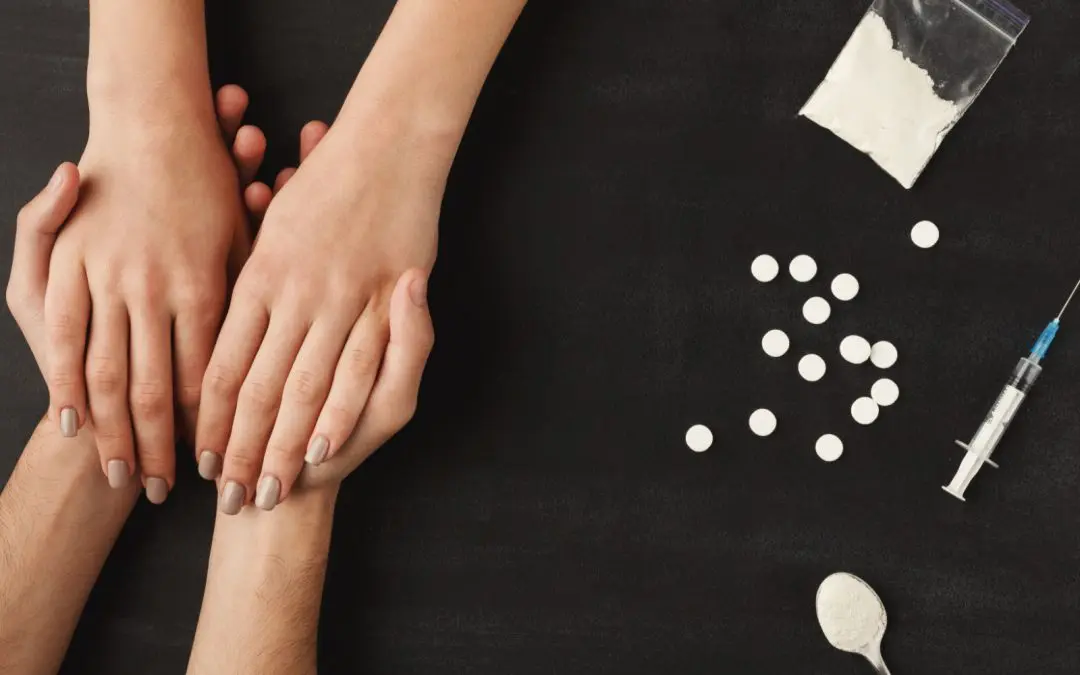24/7 Helpline:
(866) 899-221924/7 Helpline:
(866) 899-2219
Learn more about PTSD Rehab centers in Clearwater County

Other Insurance Options

Anthem

Cigna

ComPsych

Ambetter

Excellus

Absolute Total Care

Optima

Covered California

Carleon

American Behavioral

Molina Healthcare

Ceridian

MHNNet Behavioral Health

Premera

Oxford

GEHA

AllWell

Horizon Healthcare Service

PHCS Network

Regence

Central Minnesota Mental Health Center
Central Minnesota Mental Health Center is a private rehab located in Elk River, Minnesota. Central M...

Riverplace Counseling Center
Riverplace Counseling Center is a private rehab located in Elk River, Minnesota. Riverplace Counseli...

New Beginnings – Elk River
New Beginnings is a state licensed, alcohol and drug treatment facility. The facility offers outpati...

Fairview Recovery
Fairview Recovery is a private rehab located in Elk River, Minnesota. Fairview Recovery specializes ...










A to Z Family Services – Orofino
A to Z Family Services – Orofino is a private rehab located in Orofino, Idaho. A to Z Family Service...

New Beginnings – Evening Outpatient
New Beginnings is a state licensed, alcohol and drug treatment facility. The facility offers outpati...

































